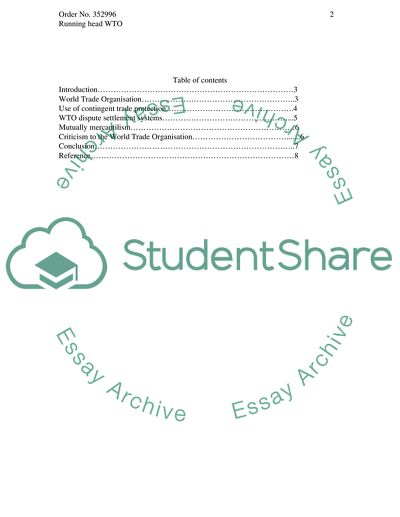Cite this document
(Is the WTO Based on Mercantilist Principles Research Paper, n.d.)
Is the WTO Based on Mercantilist Principles Research Paper. Retrieved from https://studentshare.org/finance-accounting/1732303-is-the-wto-based-on-mercantilist-principles
Is the WTO Based on Mercantilist Principles Research Paper. Retrieved from https://studentshare.org/finance-accounting/1732303-is-the-wto-based-on-mercantilist-principles
(Is the WTO Based on Mercantilist Principles Research Paper)
Is the WTO Based on Mercantilist Principles Research Paper. https://studentshare.org/finance-accounting/1732303-is-the-wto-based-on-mercantilist-principles.
Is the WTO Based on Mercantilist Principles Research Paper. https://studentshare.org/finance-accounting/1732303-is-the-wto-based-on-mercantilist-principles.
“Is the WTO Based on Mercantilist Principles Research Paper”, n.d. https://studentshare.org/finance-accounting/1732303-is-the-wto-based-on-mercantilist-principles.


